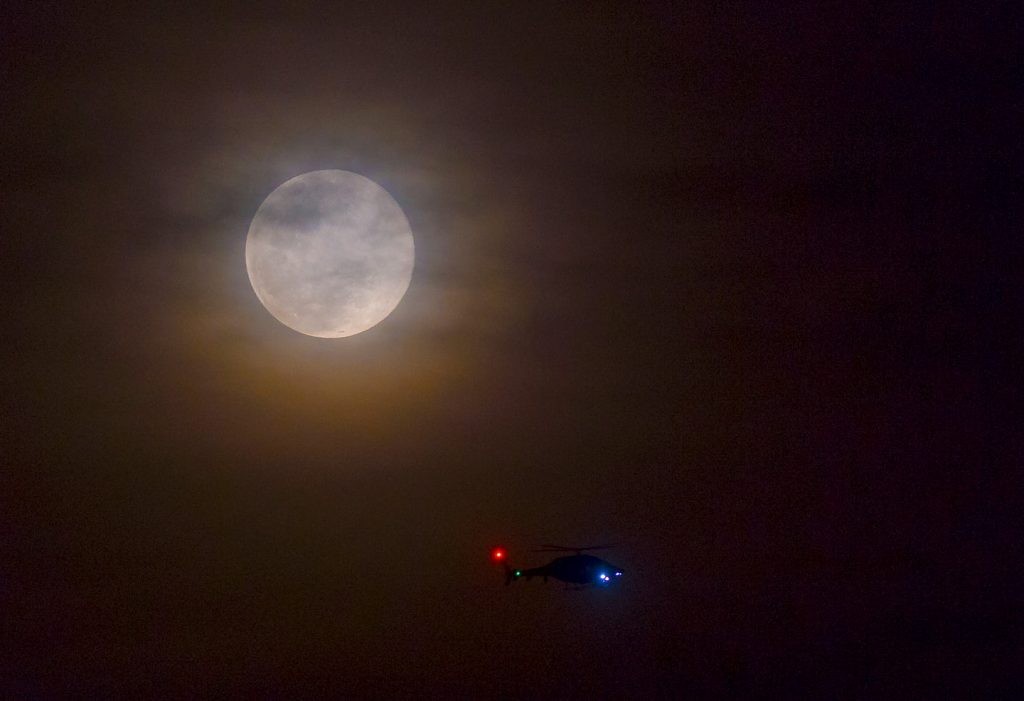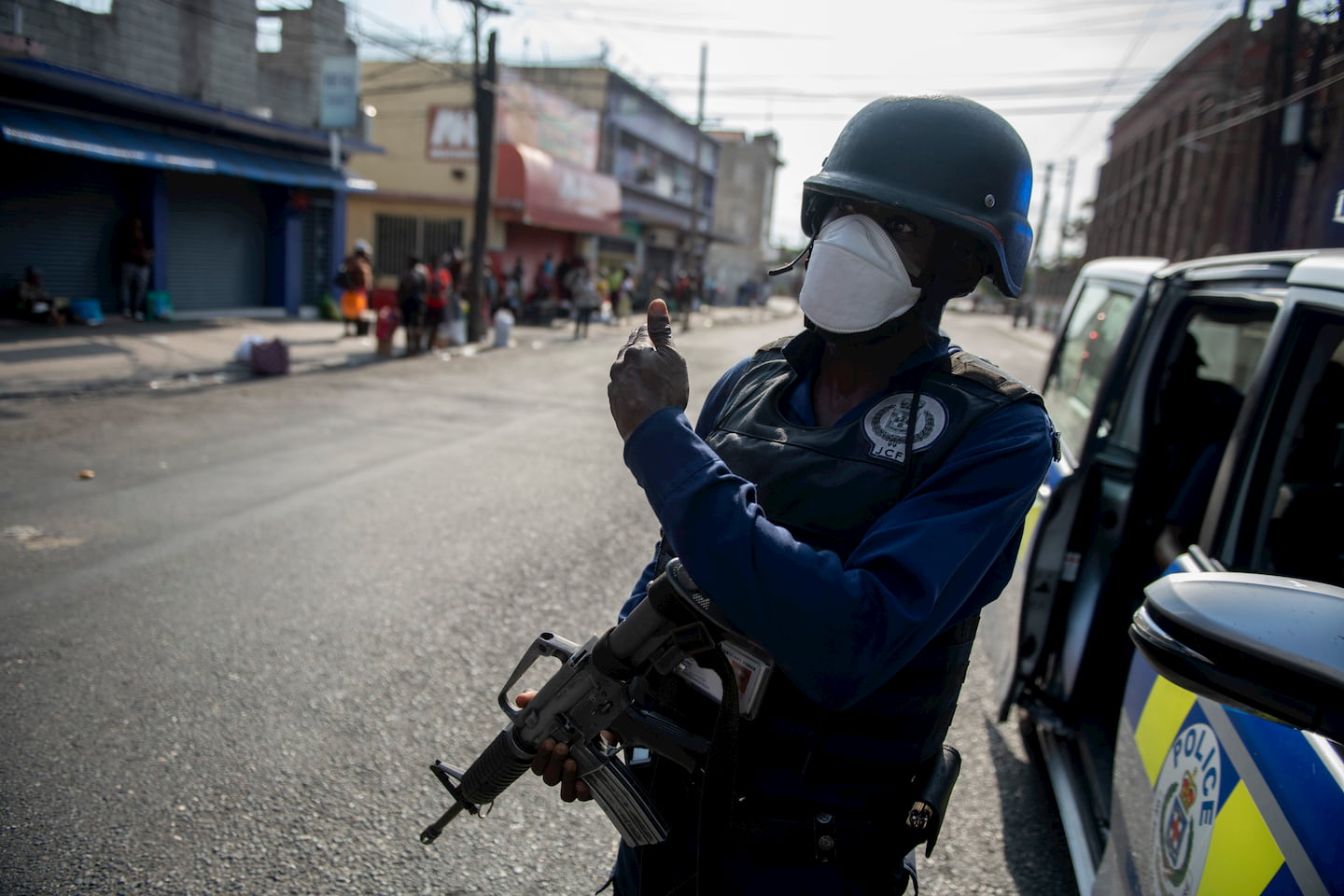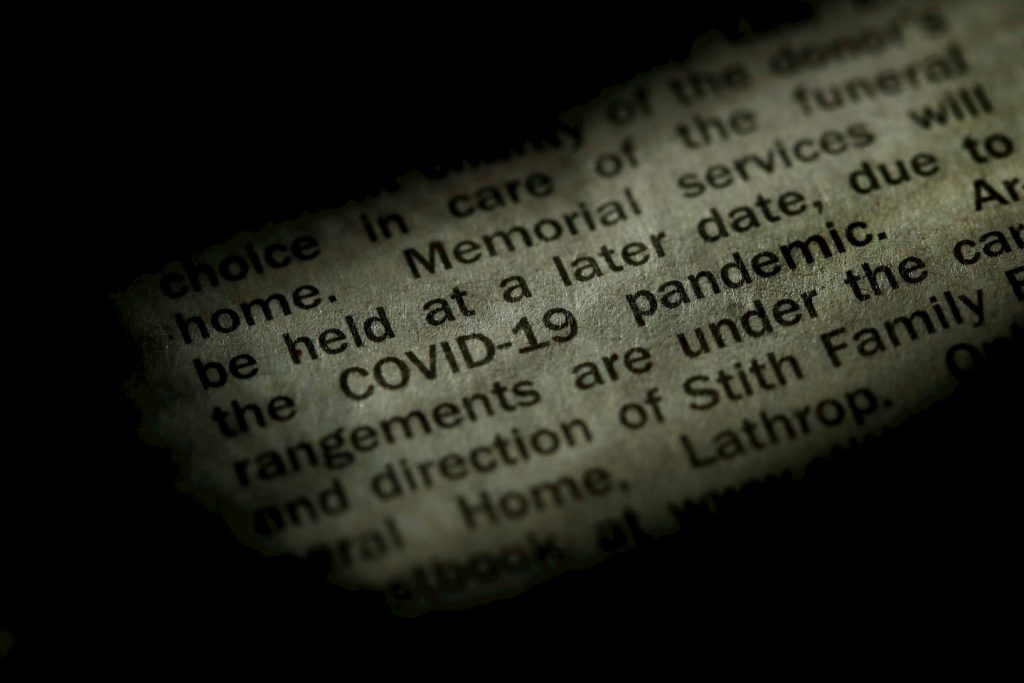Anthropologists worldwide watching the coronavirus (COVID-19) pandemic have largely concluded that governments have relied on the wrong set of experts to advise them. Frankly, some of the suggestions given to governments have bordered on madness. I spoke to 14 anthropologists in the United States, United Kingdom and Canada — and all of us made the same observation, that governments have been misinformed. During the crisis, governments have been all concerned about one, two or all of the following:
- Losing popularity, especially those with a general election emerging within 24 months.
- Damage to the economy, which would erode the power of the ruling party.
- Social disorder, which would erode their sense of power.
It is safe to say that governments all want to reduce the spread of the virus, especially since this would strengthen their hold on power. The problem is that the world and regional health authorities, and even the successful Chinese, seem to be learning about the virus that causes COVID-19, officially called SARS-CoV-2. This means that no one seems to have a complete fact set on the virus. The implication is that no government can rely totally on the advice of groups.

Let me illustrate how hilariously sad this lack of knowledge set has been. At the beginning we (the world) held the view that wearing a mask was useless; later we learnt that wearing masks could save your life. Remember that we also thought that when someone coughs or sneezes the droplets would fall to the ground immediately. Now we are seeing from scientific material that aspects of the droplets can remain in the air for over an hour. Interestingly, people do not even need to cough or spit or sneeze; they simply need to talk or laugh, especially loudly, and this will produce enough viruses around the speakers. Hence we need to avoid areas with such behaviour — public gathering.

In a context of confusion, it is best to go back to basics. There are two sets of variables that we already understand: how viruses behave, and how humans behave. Despite all the confusion surrounding COVID-19 — it is a virus. I am not a virologist. My training in the area is very basic. I only learnt these basics as I studied ‘War by chemicals and viruses’ 17 years ago. This was just a part of a module in my training in violence. This class, however, was among the scariest in my training to become a violence expert. In order to write this article, I had to speak to people who are trained in this area. So here is the most basic knowledge set you need to have for me to explain my points.
VIRUSES ARE ALIVE
‘[Viruses] cannot spread without your cells as the host, and you as the transporter.’
First, students of molecular biology constantly challenge their lecturers that viruses are alive. What is important is that viruses can parasitise all biomolecular aspects of life. They cannot reproduce independently, so they depend on host cells for the raw materials and energy necessary for nucleic acid, protein, multiplication and even transport to allow it to spread. It cannot spread without your cells as the host, and you as the transporter.
Second, viruses are not capable of controlling the quality of its Ribonucleic Acid (RNA) (single strand molecule). This means that its RNAs are of varying potency, with some being very deadly. QRT-PCR is the common test for COVID-19. It cannot tell if an RNA is potent or non-functional. TCID 50 arrays can, but this take days, require advanced training and is costly. So there can be quantitative evidence but no infection using QRT-PCR. The good news is that this cheaper, quicker test can be used to do sampling across areas to track spread. In summary, both tests are important, but how they are used affects the price of rice.
‘It is our social lives that assist in the spread and kill our vulnerable family, friends and neighbours.’
Third, some hosts are better than others. Healthy ones carry the virus around and are not suspected and can infect many before the symptoms are discovered. These then infect the vulnerable and cause mayhem. Remember that viruses are not aiming to kill the hosts, they simply want to increase in numbers. It is our social lives that assist in the spread and kill our vulnerable family, friends and neighbours.
Fourth, some climatic conditions and cultural practices are more suited to the spread. There are many unpublished studies tracking COVID-19. While there is debate and the data are new, there are enough comparative studies to help us. For instance, at 21-23C SARS-CoV-2 can survive up to 72 hours on hard surfaces, but up to 28 days at 4 degrees Celsius (BBC: will warm weather kill off COVID?). So yes, we can conclude that we are blessed: we live in the tropics, and we even have favourable winds that can blow away the virus when someone spits – but do not get carried away. Our latitude alone cannot save us.
Basic anthropological evaluation of our culture shows that we are good for the spread of the virus:
- We are extremely mobile. For the past 50 years, we have been ranked among the top 10 most travelled people on Earth. We go to COVID-19 lands and bring it home.
- We were colonised so we do not like authorities – Babylon. We like to defy authorities and we mock them when they are in situations where the data are not clear. As I sit in my car and listen to people who are out playing football or playing dominoes as if nothing is threatening, it is clear. “WHO, PAHO, Andrew, all a dem nuh know nutten. … One day wear mask, next day no, it is not needed, next day wear it. It a go hit we and who weak a go dead, and who strong live. … God a protect His people. … Mi nah dead inside nuh house fi please Andrew because dem not certain of what dem saying.”
- Jamaica is one of the worst politically segmentary factional societies I have studied. We are seriously full-time Labourites and Comrades even during times of crisis. One of the biggest lies I have heard is that we forget politics during times of crisis. During the 2007 hurricane (Dean) I watched Labourites mock Comrades that the ruling party normally loses when a crisis comes during the election year – and the People’s National Party (PNP) lost the election. Now I hear Labourites and Comrades discussing it loudly again. The Comrades are now on the other side of the discussion, and the Labourites are adamant that “Andrew better get it right for me like what a gwaan”. This level of political segmentary faction (which we know gets violent) cannot help our situation as we fight a pandemic. In a country as segmented as Jamaica, the ideal approach is for the ruling party and opposition party to publicly work together. The people would then see the unity at the top and work together. The fear of losing the election would also be reduced, and thus allow us to make the less than popular decisions needed to save us.
- We are not accustomed to being inside. This is the tropics. Quarantines and orders to stay inside will only make sense when the fear level peaks — and that will be too late. Put another way, it will take fear —not government — to keep us inside. In the same way that states of emergency do not work to reduce violence in Jamaica, declarations will not work to keep Jamaicans inside. The message will need to be more blended with fear, and will need to come from every possible corner — including at the peer level. Sadly, I have not yet seen a skilfully crafted message or the inclusion of the poor to reach the poor.
- We are friendly, aggressive and loud. These are pro-spread ingredients. I tried to fill gas in my car recently and was forced to go to an expensive one. At the first two cheap ones I went people were coughing and apologising (is mi allergy to diesel oil, so nuh baada come kill me), shouting at each other, bigging-up people for some achievement, and simply practising pro-COVID-19 acts. I had to crawl with my car to a gas station from which I would never normally purchase. It was boring, empty and expensive.
- Jamaica does not have an effective mobile delivery service or culture. Many companies took the route of closing down, rather than adapting or shifting to a mobile delivery service. If I ran a business that sold food or any other essentials, I would be making a lot of money. I would rent bikes and bicycles and have a set of healthy youth delivering fully kitted in safety gears. It would look like a movie. I am so disappointed that no such movie creativity is seen. The best we have done is have people pile up outside to wait their turn to come into the business place.
- Most of us do not have the resources to survive for a week in a lockdown. The 2017-2022 Male Fertility Study Project preliminary shows that 47 per cent of Jamaican men are informally employed, 44 per cent formally employed, 6 per cent student only, 2 per cent no economic activity, and 1 per cent completely dependent on crime. Forty-two per cent of Jamaica men are untrained and thus marginally employed, unemployed, or unemployable beyond the labour level. When combined with the trained poor, 56 per cent of Jamaican men live on a day-to-day basis. These are the figures that affect our capacity to shut down when that need arises. How will the Government manage if we are hit hard and a complete shutdown is required? Do we have the services and resources to feed the large proportion of Jamaicans who live day to day or hand to mouth?
This brief anthropological assessment suggests that we are vulnerable, as our social practices, economic situation, and political segregation are largely COVID-19-friendly. Additionally, the sociopolitical climate does not make it easy to reach everyone with the real message about this virus.
It will take a smart team of informed people who love this country to help us get out without major damage. We have to do our part. Avoid crowds, practise other safety procedures, find ways to help the most vulnerable, find ways to reach the most defiant — live with a spaceship philosophy (whatever happens to one, happens to all). Until then, I pray that our tropical advantage helps beyond our cultural disadvantage. Blessings to all.
Herbert Gayle, PhD, is an anthropologist of social violence.
Viewpoints is committed to expanding its range of opinions and commentary. Share your views about this or any of our articles. Email feedback to viewpoints@gleanerjm.com.







